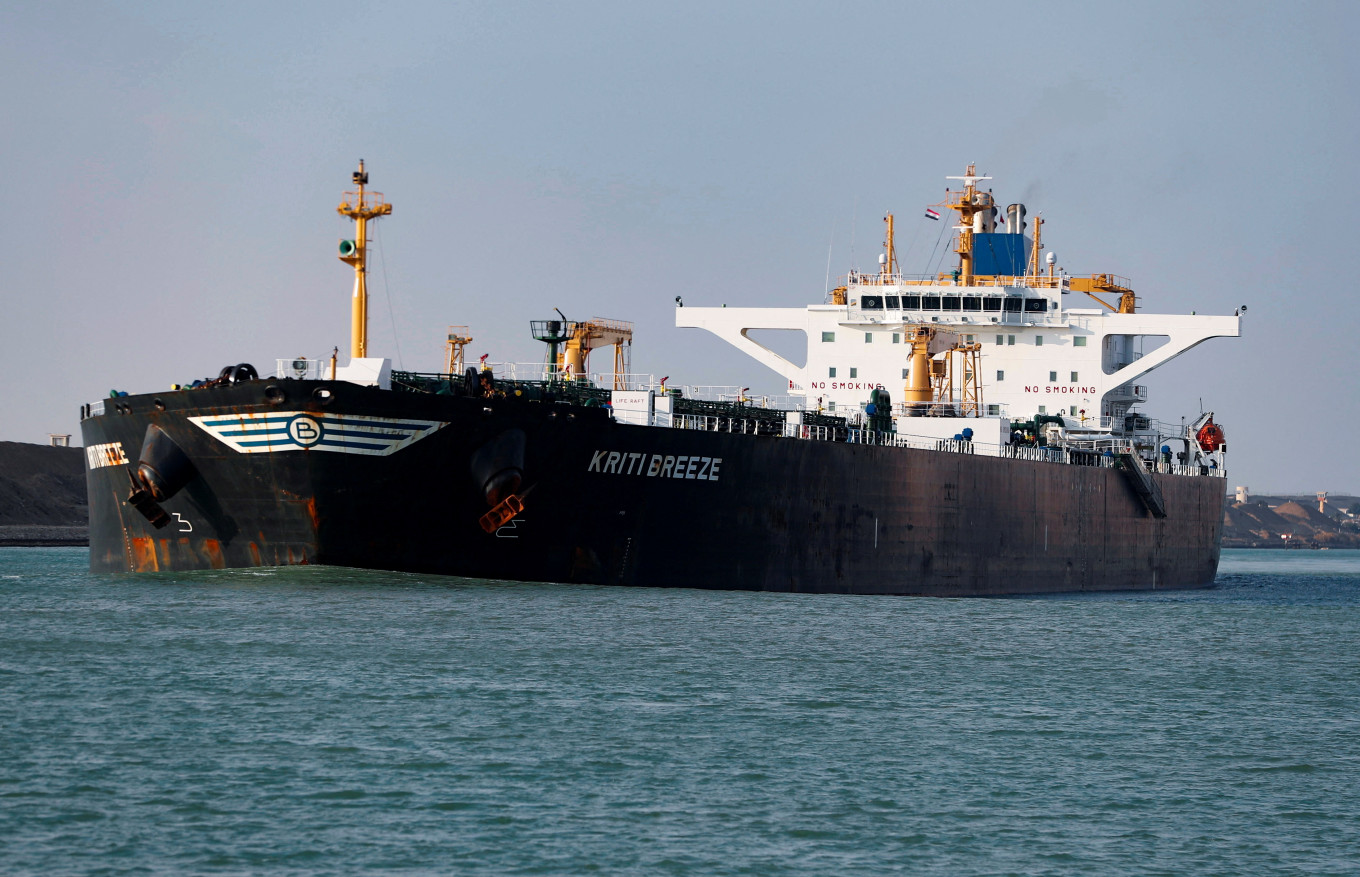Popular Reads
Top Results
Can't find what you're looking for?
View all search resultsPopular Reads
Top Results
Can't find what you're looking for?
View all search resultsWar in Ukraine risks disrupting Asia’s decarbonization efforts
Countries need to redesign their energy transition to stay on top of their climate goals amid the ongoing war in Ukraine and resulting energy crisis.
Change text size
Gift Premium Articles
to Anyone
E
ven before the Russia-Ukraine war, the COVID-19 pandemic brought the world economy into a recession. Global oil demand also declined by around 8 million barrels per day in 2020 and 2021.
The Organization of Petroleum Exporting Countries Plus (OPEC+) agreed to cut output by 10 million barrels per day from May 2020 to April 2022. This led oil prices to rise to around US$75 per barrel in July 2021, which prompted OPEC+ to again raise output at the end of 2021.
Since Russia invaded Ukraine on Feb. 24, 2022, fear over rising oil prices has escalated globally. Russia accounts for 10 percent of global oil supplies, according to the Columbia Climate School. Western-led sanctions removed this supply from the market, putting pressure on the oil supply-demand balance.
The price of crude oil soared from $95.42 per barrel to $127.98 on March 8 before dropping back down to $95.64 on March 16, and then jumping back to $111.70 on April 14. The oil price is likely to remain over $100 per barrel throughout 2022. As a result, the gas price, which is indexed to the global oil price, has also experienced wild growth.
In addition to the immediate impact on energy costs, the energy shortage has implications for global energy security. High energy costs could distract efforts for long-term decarbonization, with the short-term agenda dominated by domestic energy security issues in countries dependent on fossil fuels such as coal, oil and gas.
To stabilize the oil and gas supply, the United States has led efforts to increase access to OPEC oil, initiated deals with Venezuela (The Deep Dive, March 15, 2022) and announced the release of 180 million barrels from its Strategic Petroleum Reserve (The Street, Mar 31, 2022).
But energy costs are still high and has affected the phasing out of coal, as coal prices remain very competitive compared to natural gas. This is especially the case for hard-to-abate industrial sectors in East Asia (East Asia Forum/EAF, June 4, 2020) and ASEAN countries (EAF, July 7, 2020), where coal provides energy security, affordability, accessibility and reliability.


















